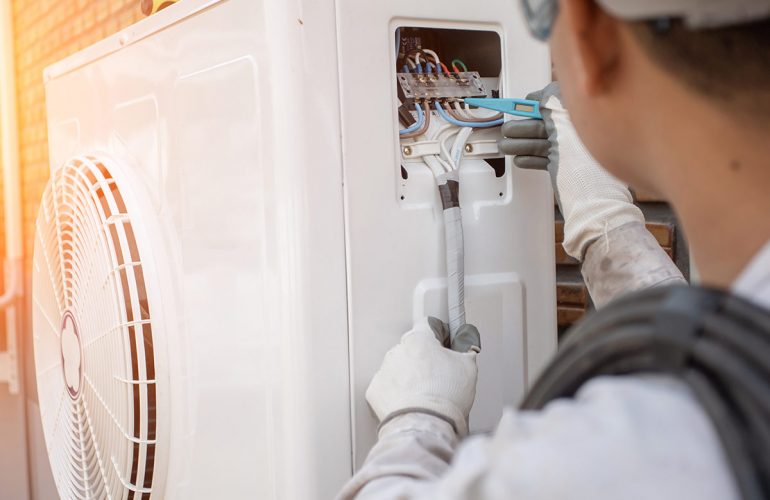In recent years, the rising cost of energy has placed a significant burden on households. With the recent energy price cap, the average household can expect to pay £1971 a year for gas and electricity. This represents a staggering increase in gas prices compared to a few years ago which makes the future of home heating seem quite bleak. However, there is hope on the horizon. Research conducted by renewable electricity provider Good Energy suggests that we can heat our homes using exclusively renewable energy and achieve a zero-carbon power sector well before the government’s target of 2050 by making a few changes.
The Path to a Carbon-Free Future
To achieve a carbon-free electrical grid, we need to accelerate the uptake of wind and solar power. According to Energy Systems Catapult’s modeling, if we prioritize the adoption of these renewable energy sources, we can achieve a carbon-free electrical grid by as early as 2035. This transition would require a concerted effort to improve house insulation and replace traditional gas boilers with more sustainable alternatives such as air and ground source heat pumps.
What is a Heat Pump?
Heat pumps, specifically air source heat pumps, offer a viable solution for heating our homes in an eco-friendly and cost-effective manner. These systems work by absorbing heat from the outside air using a unit that is installed outside the home. This captured heat can then be used to heat radiators, underfloor heating systems, and provide hot water. By eliminating the need for gas, heat pumps not only reduce reliance on fossil fuels but also contribute to a greener and more energy-efficient heating system.
Heat pumps have been gaining popularity due to their ability to save money on energy bills and reduce carbon footprints. By harnessing renewable energy sources, such as the heat in the air, these systems provide a sustainable alternative to traditional heating methods.
Government Incentives for Heat Pump Adoption
The Boiler Upgrade Scheme (BUS) is a government grant that offers customers £7,500 upfront towards the cost of an Air Source Heat Pump. These incentives aim to encourage homeowners to make the switch to more sustainable heating options and contribute to the overall reduction of carbon emissions.
Are there any other alternatives?
Manufacturers are producing hydrogen-ready boilers however these are only capable of running on 20% hydrogen and still 80% gas so they are not much better for the environment. Hydrogen-only boilers are likely to still be a while off and despite hydrogen emissions being carbon-free at the point of use, the production of hydrogen is neither cheap nor environmentally friendly. This means that if hydrogen-only boilers do become available, is it likely they will be expensive.
Energy Efficiency: Insulation is Key
In addition to adopting renewable energy sources for heating, it is crucial to address energy efficiency in our homes. Experts estimate that around half of the heat in a typical home is lost through walls and the loft. By improving insulation in these areas, significant savings in energy consumption and costs can be achieved. Wall insulation, for example, can save around £185 a year in larger houses. The benefits of insulation extend beyond financial savings, as reduced energy usage also has a positive environmental impact. Ground floor insulation is another effective measure that can save homeowners approximately £50 a year.
Other ways to save money and energy include insulating hot water tanks and pipes, draught excluders and radiator reflector panels.





